Here Are the Advantages and Disadvantages?
No Doubt, the sun is a powerful energy source, and while we can only capture a fraction of it, harnessing this power through solar thermal installations can have a significant impact on the globe.
Solar energy has shown to be incredibly useful – not only for the ecosystem but also for the general economy – despite being often criticised for being expensive.
However, there are always some downsides of whichever energy source we study. The following are the primary benefits and drawbacks of solar power as explained by ARS.
Advantages of switching into solar energy
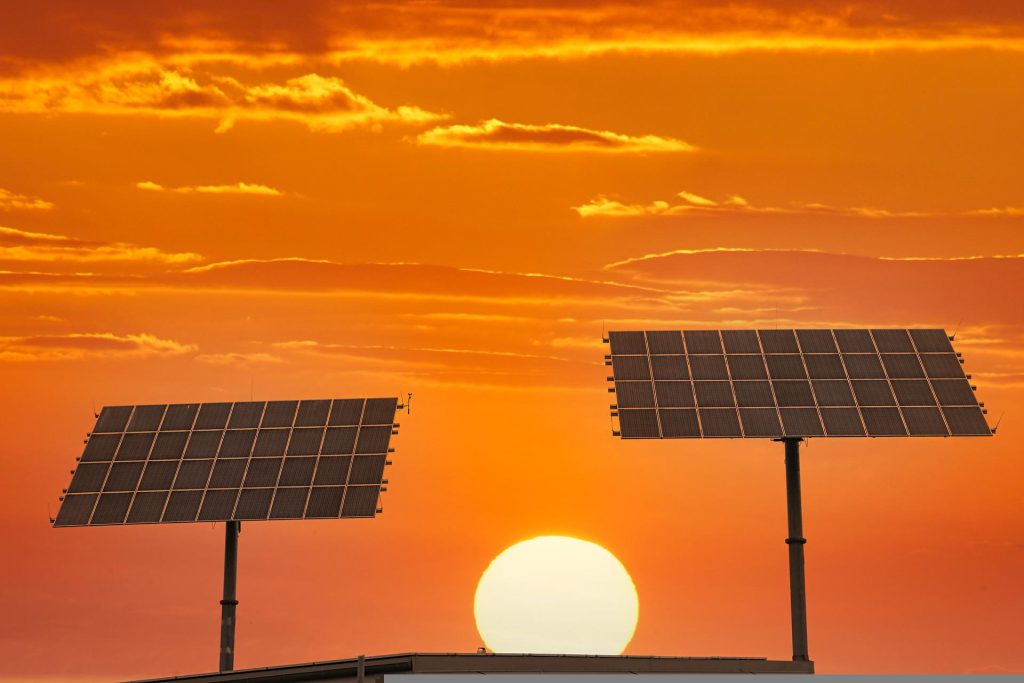
- Solar power provides a ROI (return of investment), and then continues to operate for free lifelong.
- Solar energy is clean and renewable unlike the fossil fuels, which will eventually deplete.
- It is absolutely free, apart from capital fees.
- Solar panels and solar thermal systems, are low-maintenance and require little servicing.
- Off-grid systems provide you the freedom to disconnect from power grid.
- Excess electricity generated can be sold back to then power company.
- Solar energy has a wide range of applications. You can use photovoltaics to generate power or use solar thermals to generate heat. Solar energy can be utilised to generate electricity in regions where there is no access to the power grid.
- If solar is used in community kitchens instead of LPG cylinders it can save up-to 1.30 lakhs litres of LPG.
This is made possible with ARS new technology AGNI-69, a straightforward solution which can be extremely useful in preparing community foods without burning any fuels, reducing fuel consumption by about 80%.
Click here to know more about AGNI-69
Let’s look at some of the drawbacks of solar power.
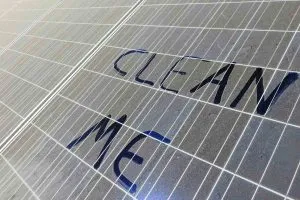
- Solar power generation is only feasible in places with abundant sunlight
- Another downside of solar energy is that it produces less power at night.
- When solar energy isn’t available, you’ll need a sufficient battery backup to carry you through the nights and cloudy days.
- People who put money in them are more likely to use energy freely rather than continue to try to conserve resources because they feel they have “done their part.”
- Solar energy isn’t available around the clock. It can only be effectively harnessed when it is at its most powerful, i.e. not in the morning, evening, or night.
- In a stormy climate or while it is raining, there is no assurance of sunlight.
- To attain a high level of efficiency, solar panels must be installed across a vast area.
- The system’s effectiveness is also influenced by the sun’s position.
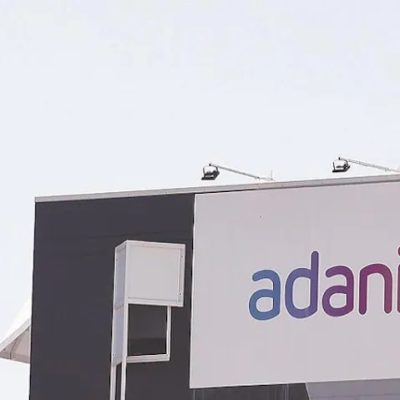
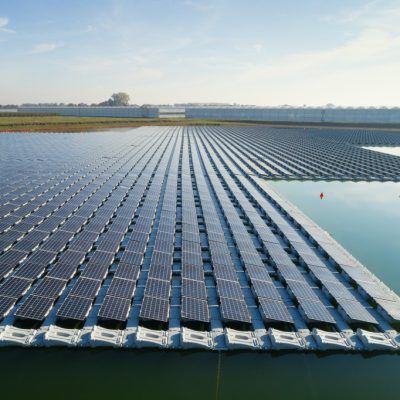
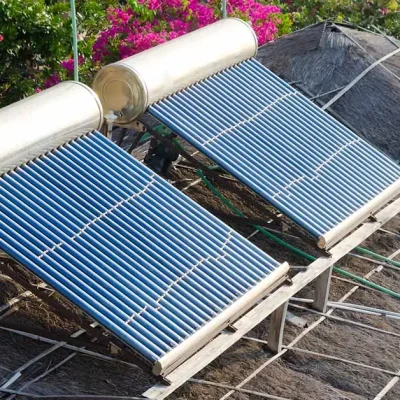
Pingback: The Top 3: India’s Biggest floating solar power plants – Solar Blog